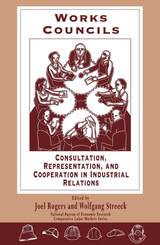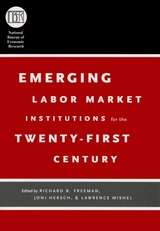Cloth: 978-0-674-54990-6
Library of Congress Classification HD5707.S7
Dewey Decimal Classification 331.11
Market signaling, a phrase formulated by A. Michael Spence, means the activities and characteristics of individuals which are visible to somebody else and convey information in a market, such as the job market. This study attempts to explain the informational content of market signals.
In many markets, people are screened. Employers screen job applicants. Banks screen loan applicants. In screening processes like these, the attributes of individuals, such as education, previous experience, personal appearance, sex, and race may be read as signals. Thus education may be a signal of an ability to do a certain kind of job. Spence finds that when education is regarded as a job-market signal there is a systematic tendency to overinvest in it.
The author also extends the concept of “market equilibrium” to include signaling. A signaling equilibrium, when applied to a job market, is defined as a situation in which employers’ beliefs about the relationship between (1) applicants’ signals and (2) their productivity are confirmed by their performance after they are hired. Spence uses this concept to derive insights into the efficiency of a market system for allocating jobs to people and people to jobs. His approach gives economists and policy makers a way of looking at the welfare properties of various signals and of studying the informational structures of particular markets.
See other books on: Economics | Hiring | Labor supply | Markets | Spence, A. Michael
See other titles from Harvard University Press


























